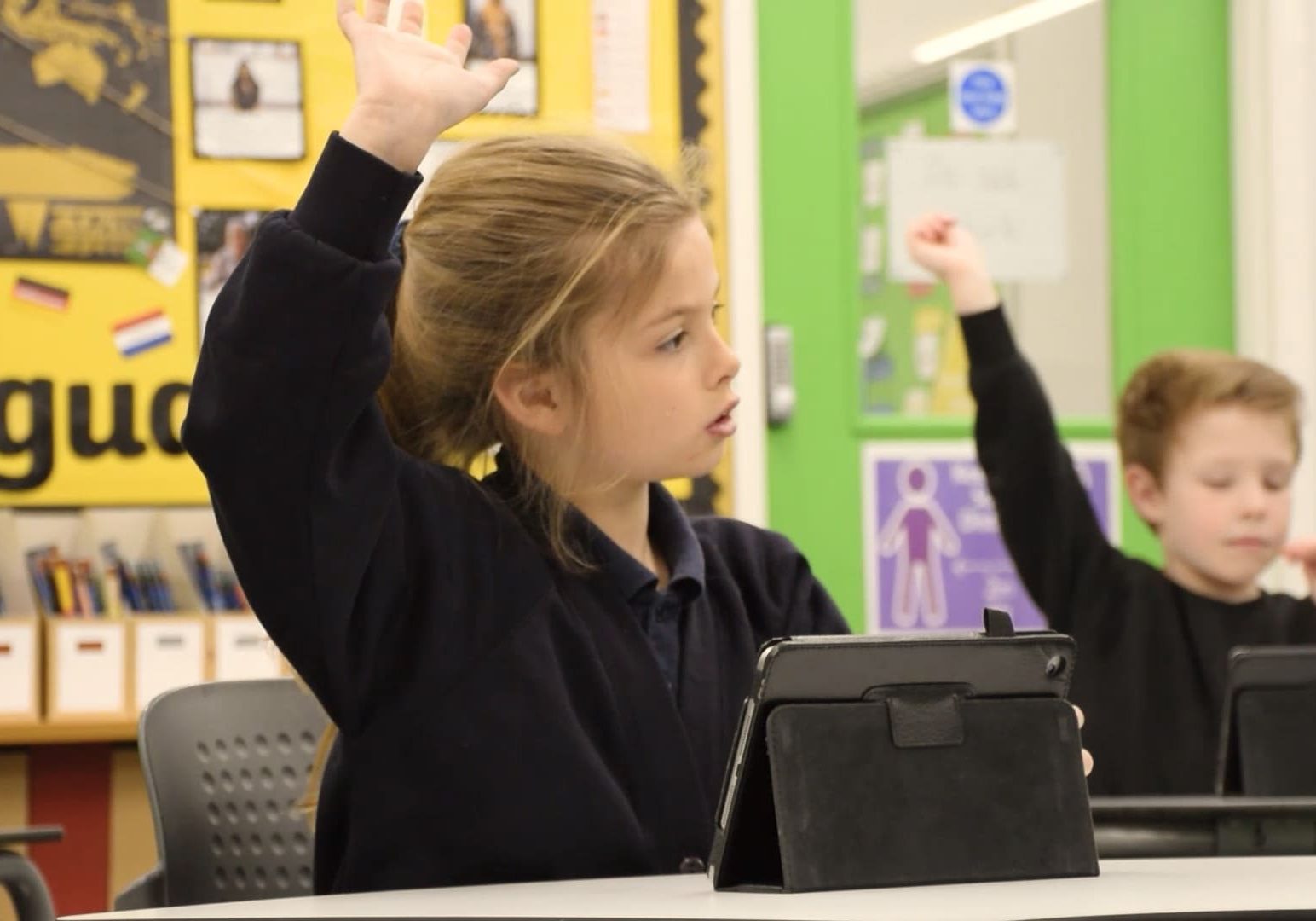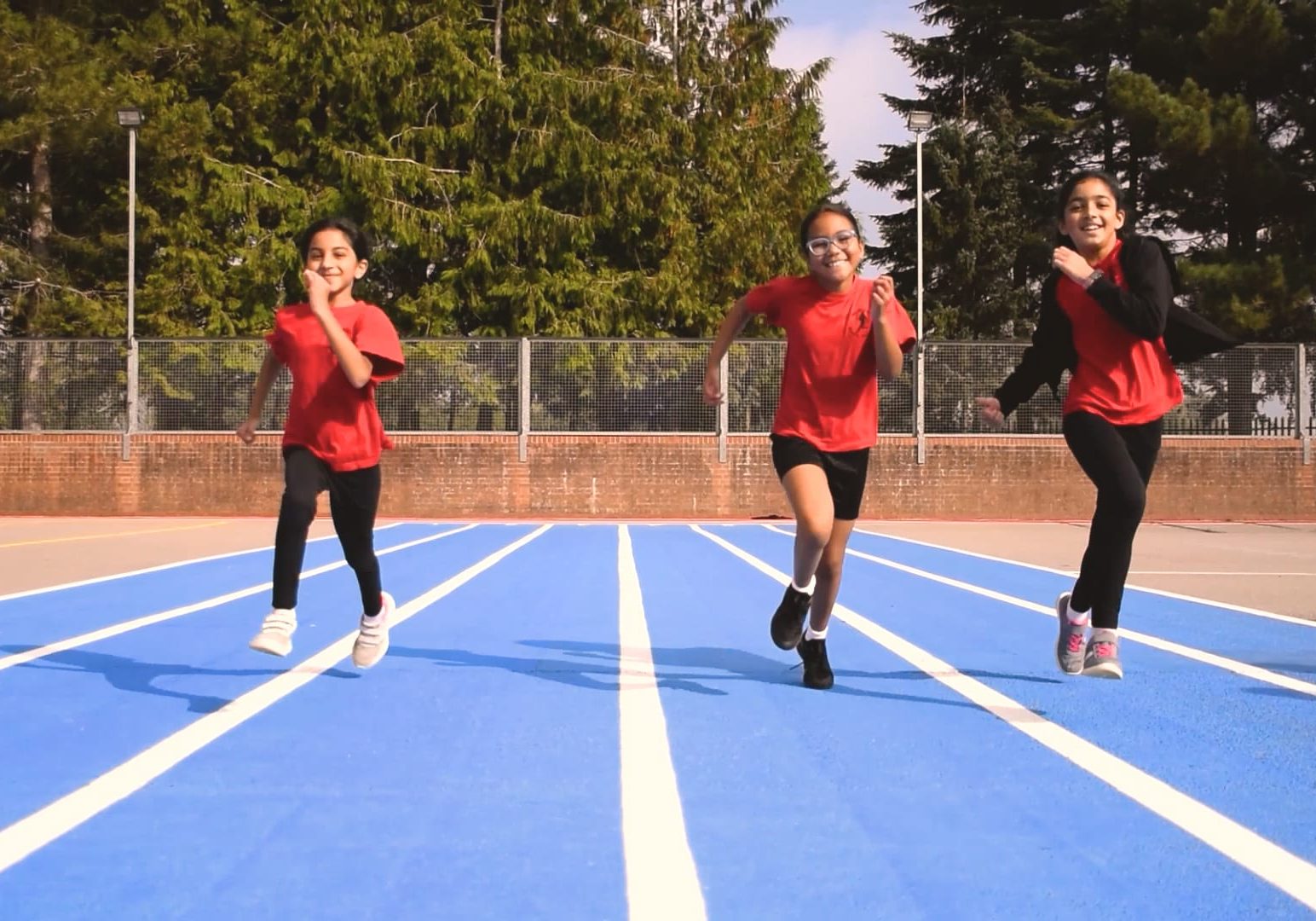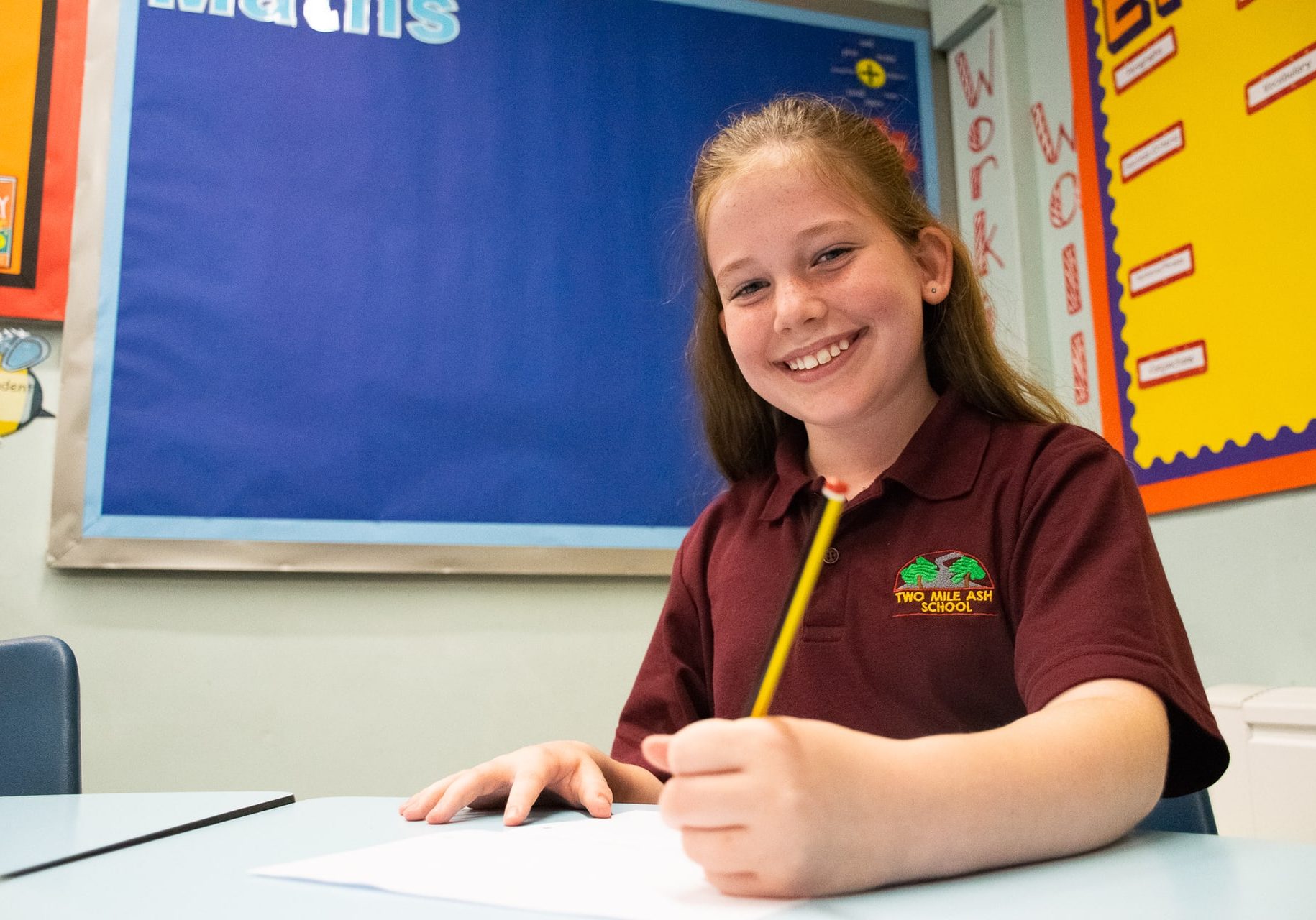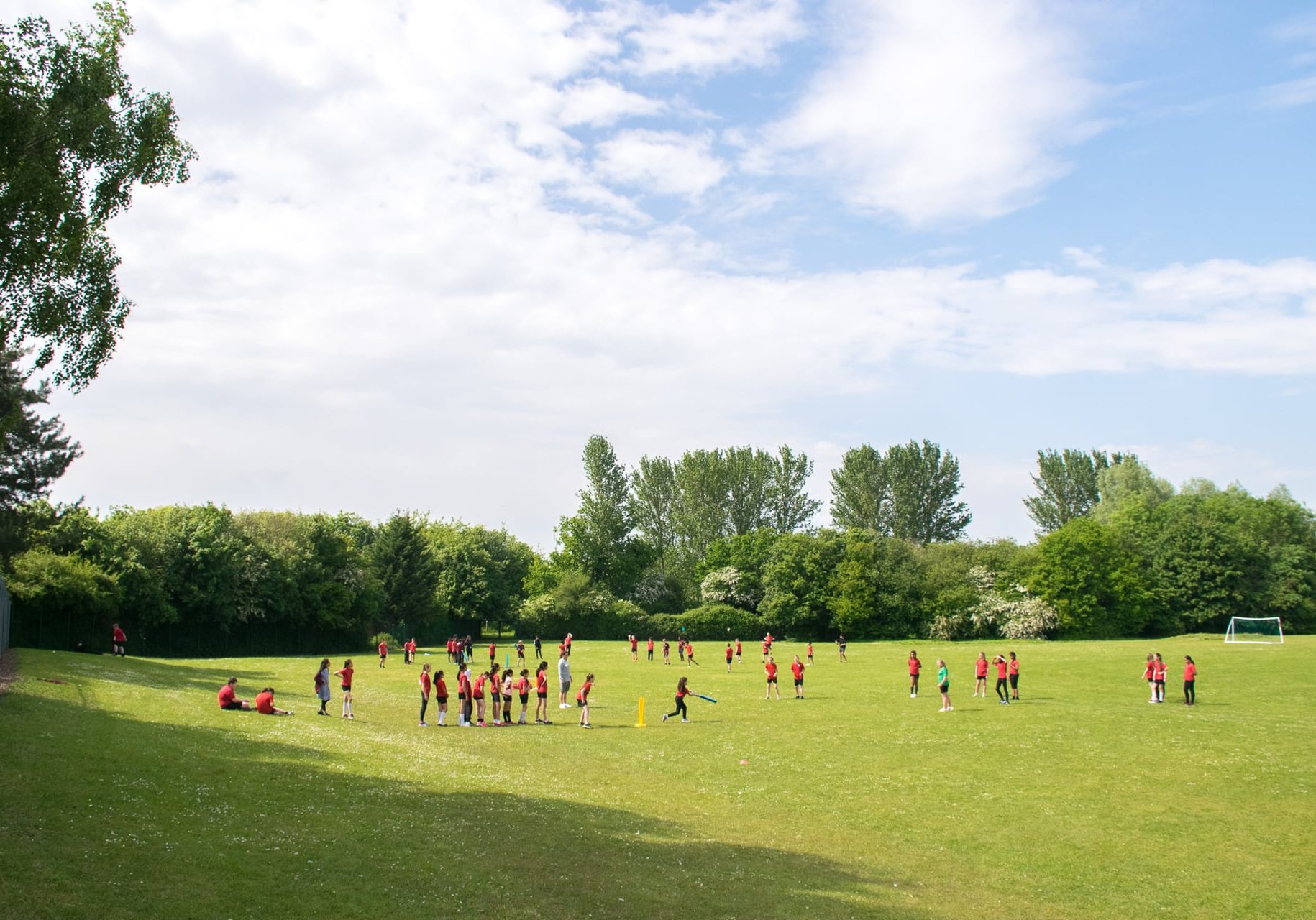English
Our English Intent
English is at the heart of our curriculum and is designed to be challenging, inspiring and most of all, engaging, for all our pupils. We fully follow the National Curriculum and ensure our personalised curriculum extends our pupils further than this. Within each year, pupils will have the opportunity to access a wide range of different texts, both fiction and non-fiction as well as a variety of poetry forms, which builds upon previous knowledge of texts and genres. Through careful text selection the pupils learn historical and geographical facts, gain a breadth of past and current world issues as well as stories and ideas from different cultures and communities. These texts challenge the pupils’ thinking as well as expanding their vocabulary, beyond what they would use in every day speech, and developing their questioning skills. A key driver to our English curriculum is to instil a lifelong love of reading for all of our pupils.
The English curriculum gives plentiful opportunities for all children to advance their speaking, listening and performing skills. Grammar and spelling teaching is threaded throughout the English Curriculum and uses modelled examples of sentence structures and grammar use from the different texts. Throughout the whole curriculum there are many different opportunities for writing, allowing the pupils to experience writing for a wide range of audiences. Each writing opportunity has a clear purpose and voice that prepares the pupils for their future. During English lessons, a variety of teaching and learning strategies are used in order to model and support the reading and writing process to ensure the pupils have the tools for a future in which they will strive. All lessons are structured and tailored to meet the needs of all pupils so they can all reach their full potential.
High level and subject specific vocabulary is discussed and used though all English and wider curriculum lessons. Ambitious vocabulary is not only celebrated and used consistently through lessons but TMA pupils will challenge themselves and each other to ensure the best vocabulary is used and understood. This thirst for being the best we can be drives our English curriculum.
Read Write Inc and Reading at TMA
What is Read Write Inc?
Read Write Inc (RWI) is an ambitious, systematic synthetic phonics program which enables children to read accurately and fluently whilst developing and supporting their comprehension. Throughout the program, children learn the supporting alphabetic code along with the letter- sound correspondences at a rapid pace with the letter- sound correspondences at a rapid pace with the help of simple, catchy phrases. This helps children learn to read fluently and at speed so they can focus on developing their skills in comprehension, vocabulary and spelling. At Two Mile Ash School, we understand that not all children develop the skill of reading at the same time as their peers, so we show fidelity to RWI when teaching phonics to children who still need this support in their reading.
RWI was developed by Ruth Miskin and more information on this can be found at https://home.oxfordowl.co.uk/reading/reading-schemes-oxford-levels/read-write-inc-phonics-guide/
Watch Mrs Sharma explain how phonics is taught at TMA
How will RWI be taught?
- Upon entry, and also working closely with our feeder schools, we baseline assess children’s reading ability. Using the outcomes of these assessments and the information received from schools regarding phonics testing in year 1, we begin the phonics program for those children who require it, to ensure that all gaps in phonological knowledge are closed. The children are placed into the corresponding phonics group, where they follow the RWI phonics program. We support children who are on the Ruth Miskin scheme throughout the school, in every year group.
- Children who did not pass their phonics at KS1 are monitored closely at KS2. Interventions occur to help these children with their sounds and blending. These children are assessed to track their progress.
- Children who are on the Ruth Miskin reading program are assessed and then receive a Ruth Miskin reading book at their reading level AND an age appropriate book for them to share with an adult at home, hence supporting their mechanical reading as well as being exposed to age appropriate themes and vocabulary.
Read To Succeed
At Two Mile Ash school, we take pride in calling ourselves a reading school We recognise that reading is key to our children being a successful learners in all subject areas and our ‘Read to Succeed’ aims to encourage all children to be independent, confident, fluent and critical readers who read for pleasure by being exposed to a range of reading experiences We recognise that regular reading is crucial to help children become fluent readers. Research has shown that just ten minutes of reading a day will not only expose children to around 700,000 words a year, but improves children’s general knowledge, vocabulary, fluency and comprehension.
Reading is promoted across all subject areas, from art to History, and specific reading skills are taught through ‘reading’ pictures as well as understanding a range of text types. Each week, a child from each class who has embraced our reading ethos will be rewarded with a ‘Read to Succeed’ certificate.
Home – School Partnership and Our Reading Pledge
We know that reading at home is paramount to reading success and our children are encouraged to read in their spare time and at home. Children have access to a vast range of high quality school books to choose to take home and enjoy and also have books allocated electronically through Bug Club. Merits and rewards are given to those children who read regularly at home and actively seek understanding of any new vocabulary they encounter.
To help all children become confident readers, who read for pleasure, we would like to share our reading pledge with you. As a school, we will ensure that we read to the children daily for 10 minutes and would ask you to match this by reading for 10 minutes at home. This can be your child reading to you or, occasionally, an adult reading to a child. To honour this home-school partnership, we ask both our teachers and parents/carers to cement this commitment by signing our reading pledge.
Challenge in English
Challenge is threaded throughout our English curriculum and bespoke to each individual teaching group. Challenge can look different in a variety of contexts throughout the lessons such as; choosing high level language and punctuation for a desired effect, extended metaphors and figurative language and a variety of sentence structures to add to meaning. Our children are challenged to justify their opinions and choices and ensure their views are articulated thoroughly.
In every class across school, a class read is shared that has been chosen to exposure and challenge all children with ambitious vocabulary as well as challenge story structures. Throughout lessons across all curriculum areas, ambitious and curriculum specific vocabulary is planned for and discussed and every opportunity for children to use this is highlighted.
Following our teaching and learning philosophy, shared and modelled writing is used throughout the English curriculum and this helps to support and challenge children to apply greater depth writing constructs with a modelled and supportive guide.
Useful Documents and Videos
How-to-Support-Your-Childs-Reading-at-Home3234 (2)
How to Support Your Child to Read
Parents Guide to Supporting Reading
BAD-Assessment-Criteria-READING-TMA-2022-23
BAD-Assessment-Criteria-Writing-TMA-2022-23
Reading-Progression-and-Assessment-Framework-year-3-4 (1)
Reading-Progression-and-Assessment-Framework-KS1-and-younger-1
Reading-Progression-and-Assessment-Framework-Year-5-and-6
Writing-Progression-and-Assessment-Framework-year-1-6 (3)






